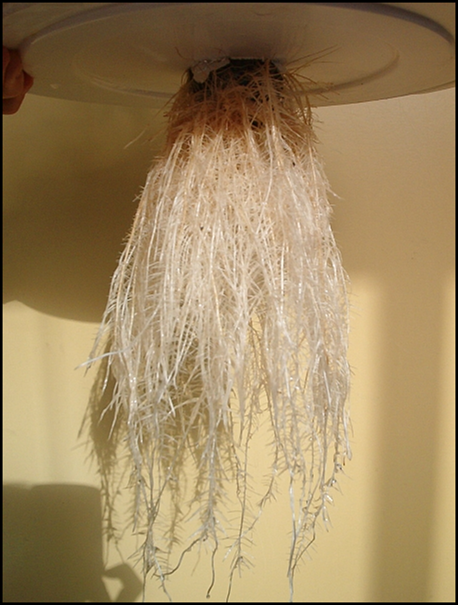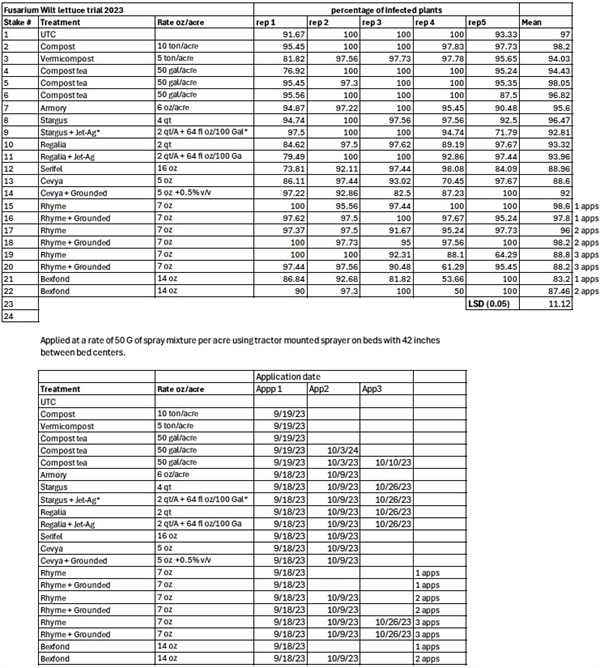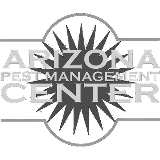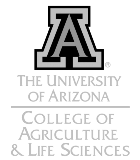-
Jan 25, 2012Seed Corn Maggots in Spring Melon Plantings 2012This is the time of the year that growers are beginning to prepare for and plant spring melon crops. Annually, seed corn maggots (SCM) cause problems for growers in early plantings of spring melons and cotton. In some instances, these soil dwelling maggots can significantly reduce stands due to larvae feeding on germinating seed, as well as roots of emerging seedlings. If pressure is extensive, fields or portions of fields may be seriously damaged and may need to be replanted. Not only is this an inconvenience to the grower, but replanting is expensive and can disrupt harvest schedules. Unfortunately, once maggots have been found infesting the soil during stand establishment, there is usually nothing a grower can do. Thus, avoidance of the problem is the most effective way of preventing stand reductions. First, weather plays a major role in determining the damage potential for SCM to be a problem. Melon stands are more susceptible to SCM during wet, cold spring weather in which seed germination is slowed or delayed. These conditions give SCM a chance to develop in the soil and attach the seeds before they can emerge. Also, SCM are attracted to fields with high levels of decomposing organic matter. This includes heavy plant residue remaining after harvest of the previous lettuce or cole crop, and applications of manure prior to planting. Growers would be encouraged not to plant melons into fields under these conditions. However if growers decide to plant in these conditions, then it would be wise to use a preventative insecticide applied at planting to minimize the impact from SCM and give seedling stands a fighting chance. A few alternatives are available that have shown activity against SCM and may be practical for SCM management in spring melons. For more information read: "Seed Corn Maggot".
 To contact John Palumbo go to: jpalumbo@ag.Arizona.edu
To contact John Palumbo go to: jpalumbo@ag.Arizona.edu











